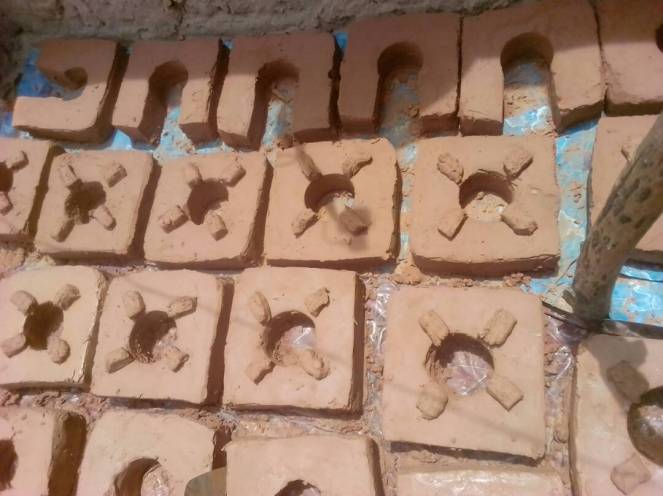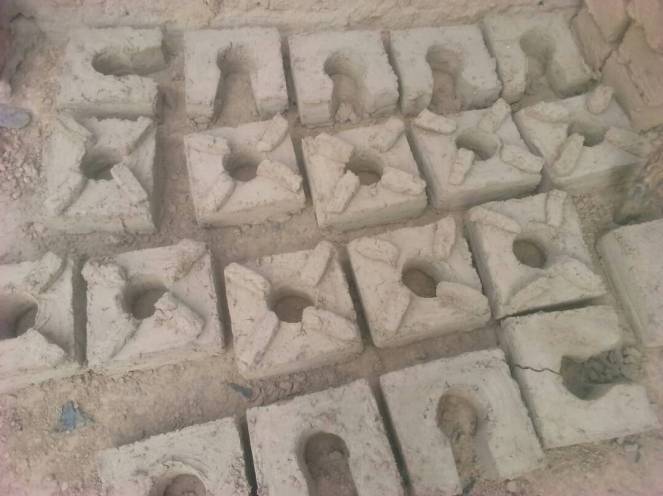BACKGROUND
3 billion people cook with biomass, primarily wood. This causes disease and death, fires and burns, deforestation and climate change. Women spend hours every day collecting wood, taking away from their other obligations and exposing themselves to sexual assault. 3-stone and other traditional wood cookstoves are extremely inefficient. They use too much wood and emit too much smoke. Our designs make the fires more efficient, reducing the use of firewood, reducing smoke and cooking faster. One important principle in our designs is to elevate the firewood to allow air under the fire. The air under the fire makes the fire burn more efficiently.
RCE Kano, Sun24, Inc. a USA nonprofit (NGO) and in close collaboration with Centre for Renewable Energy and Action on Climate Change (RCE Kano partner) are set to train women on how to produce the stoves and distribute a 100 number of 2 Brick stoves to 100 women in rural Zamfara.

WHY FUEL EFFICIENT STOVES MATTERS?
Traditional wood cookstoves (3-stone, chulhas, etc.) are inefficient because the do not allow air to circulate under the fire, they do not concentrate the heat in a small area to burn off smoke and they direct too little heat to the pot. Commercially sold “rocket stoves” correct these problems and are much more efficient. Unfortunately, rocket stoves are too expensive for most families.
Our cookstoves are designed to be made locally in every village,using locally available materials. Sellers should be able to make and sell the stoves for US$1.

OBJECTIVES
The 2-Bricks woodstoves are expected to:
- Reduce fuel consumption per meal and
- Cuts smoke emissions from traditional fires used inside poorly ventilated dwellings.
- In addition, the materials used to make the mud stoves are available locally, helping to improve levels of replicability and cost-efficiency of the practice.
- Local production and sales of fuel-efficient stoves also becomes an income-generating activity for women, while also decreasing the risks of gender-based violence they face when collecting fuel wood.
- The use of improved fuel-efficient stoves will reduce the production of smoke and harmful gasses within households,
- Reduce the use of biomass by up to 60 percent (wood, crop waste, dung etc),
- Reduce cooking cycle times, and
- Create significant household safety and labour benefits.
DATE AND TIME
March 29, 2019 by 9:00am
VENUE
At Centre for Renewable Energy and Action on Climate Change’s office Suite 37, Zamfara Plaza, Sokoto Road, PO Box 379, Gusau, Zamfara State, Nigeria.


